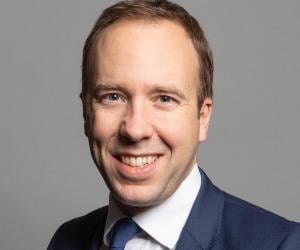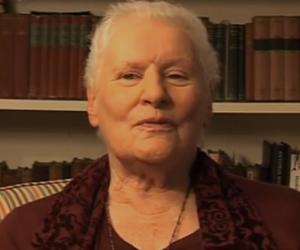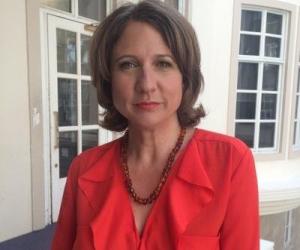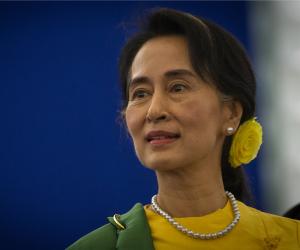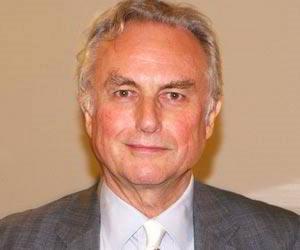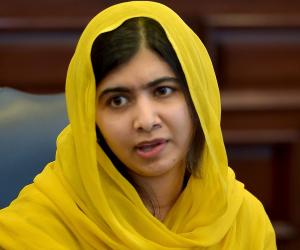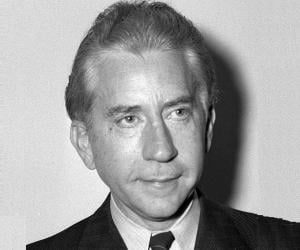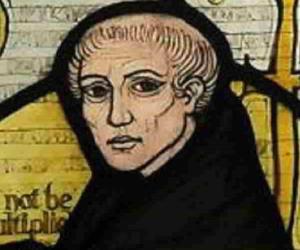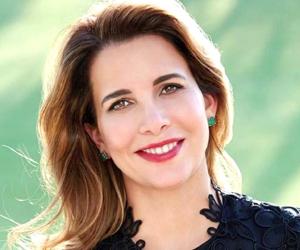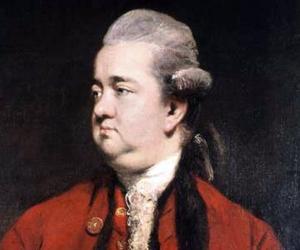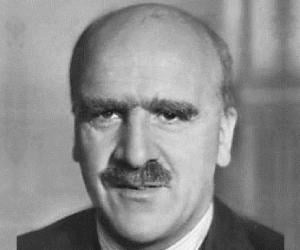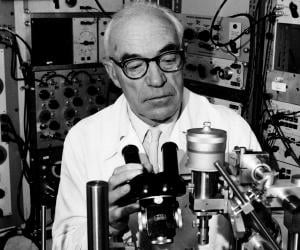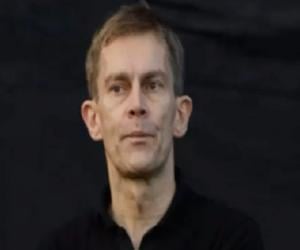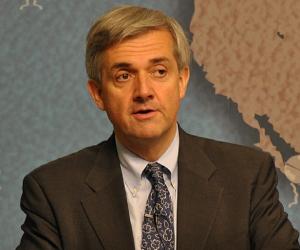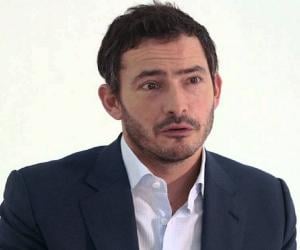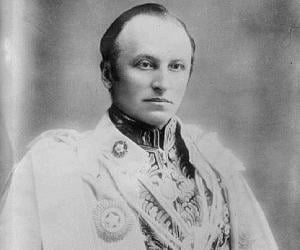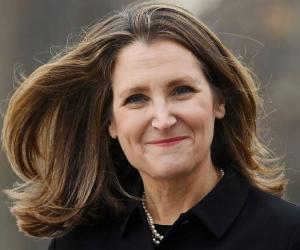Aung San Suu Kyi is a Burmese politician and a Nobel Peace Prize laureate. She is credited with co-founding the National League for Democracy, which eventually ended the rule of Myanmar's military junta. In 1999, she was named one of the Children of Gandhi by Time magazine for enduring almost 15 years of house arrest for the greater good of Myanmar.
Richard Dawkins is a British ethologist, author, and evolutionary biologist. He first achieved popularity after publishing his book, The Selfish Gene, which is credited with popularizing the gene selection theory. The book is also credited with introducing the term meme. In 2006, he established the Richard Dawkins Foundation for Reason and Science to promote secularism and scientific literacy.
Named to Time 100 thrice, Pakistani education activist Malala Yousafzai exhibits phenomenal grit and inspires young girls everywhere. An assassination attempt by Islamic fundamentalists could not dampen her spirit, and she fought back with a bestselling memoir and won the Nobel Peace Prize as its youngest recipient, at 17.
As the patriarch of the Getty family, J. Paul Getty was an influential petrol-industrialist who founded the Getty Oil Company. In 1966, Paul made it to the Guinness Book of Records as the world's richest private citizen. An avid collector of antiquities and art, his collection is preserved at the J. Paul Getty Museum in California.
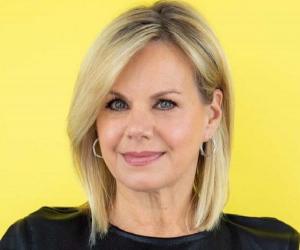
Known for her stints on Fox News and CBS News, TV journalist Gretchen Carlson made headlines when she accused Fox CEO Roger Ailes of having sexually harassed her earlier, eventually causing him to resign. The former Miss America is also a skilled classical violinist and a Juilliard alumna.
William of Ockham, also known as Doctor Invincibilis, is chiefly remembered as one of the pioneers of nominalism. The 14th-cenntury Franciscan friar was also a scholar and philosopher, and laid the foundation of Occam’s razor. His written works include Summa logicae and his commentary on his own lectures, Sentences.
Haya bint Hussein, daughter of King Hussein of Jordan, was the second wife of Sheikh Mohammed bin Rashid Al Maktoum, the Emirate of Dubai, before her much-publicized divorce. A skilled equestrian, she represented Jordan at the 2000 Sydney Olympics and has also headed the International Federation for Equestrian Sports.
Eighteenth-century historian and author Edward Gibbon is best remembered for his 6-volume historical work The History of the Decline and Fall of the Roman Empire, a narrative that charted events from the 2nd century to the Fall of Constantinople. He had also been an MP, representing Lymington and Liskeard.
British geneticist J.B.S. Haldane is remembered for his pioneering use of statistics in biology. A proponent of neo-Darwinism, he was the son of physiologist John Scott Haldane and had begun assisting his father at age 8. He later joined the British Communist Party and also moved to India.
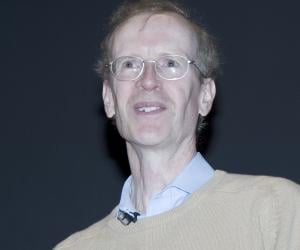
English mathematician Sir Andrew John Wiles, a Royal Society Research Professor at the University of Oxford, is best known for proving the modularity theorem for semistable elliptic curves, thereby proving Fermat's Last Theorem for which he was awarded the Abel Prize and the Copley Medal by the Royal Society. He also proved the main conjecture of Iwasawa theory.
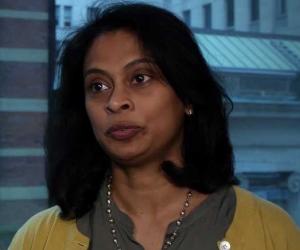
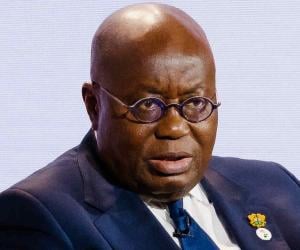
Nana Akufo-Addo is a Ghanaian politician and the current President of Ghana. An important politician, Akufo-Addo also served as the Minister of Foreign Affairs from 1 April 2003 to 1 July 2007. In 2017, Nana Akufo-Addo was honored by the Africa-America Institute with the prestigious National Achievement Award.
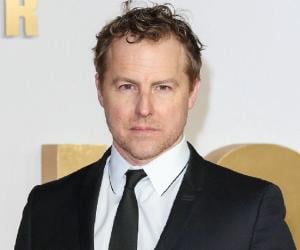
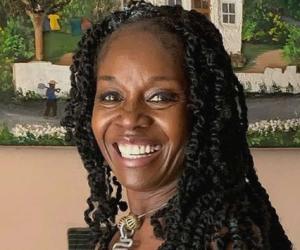
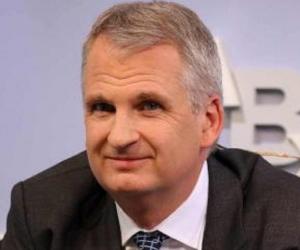
Historian and Yale professor Timothy D. Snyder has penned countless books, including bestsellers such as Bloodlands and On Tyranny. His themes include Marxism and Soviet and Nazi atrocities. A Harvard scholar and a Carnegie fellow, he is also part of the U.S. Holocaust Memorial Museum’s Committee on Conscience.
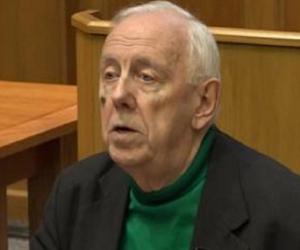
Scottish-American philosopher Alasdair MacIntyre is noted for his contributions to moral and political philosophy. His major writings include Whose Justice? Which Rationality? and After Virtue. The latter is considered to be a significant work of Anglophone moral and political philosophy and an important text in the contemporary revival of virtue theory.


Sociocultural anthropologist and City University of New York professor Talal Asad is best known for his research on nomads, postcolonialism, and the culture of nations such as Sudan. He has also taught at the universities of Khartoum and Hull, and penned books such as On Suicide Bombing.
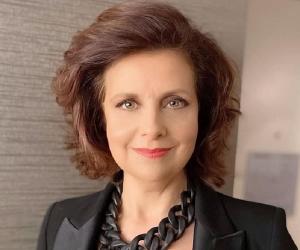
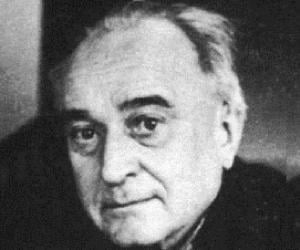
Social anthropologist E. E. Evans-Pritchard is best remembered for his research on witchcraft, magic, and African cultures. Apart from teaching anthropology at Oxford, his alma, he had also worked in South Sudan and penned books such as Witchcraft, Oracles and Magic Among the Azande. He was also knighted for his achievements.
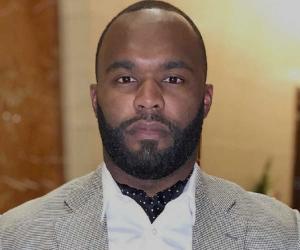

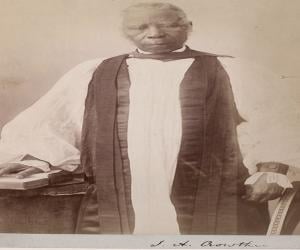
Nigerian linguist and clergyman Samuel Ajayi Crowther was the first African Anglican bishop of West Africa. Sold into slavery during childhood, Crowther was eventually freed by West Africa Squadron of Royal Navy. He resettled in Sierra Leone, received his education in English, adopted Christianity and was ordained as a minister in England, being consecrated a bishop on St Peter's day.
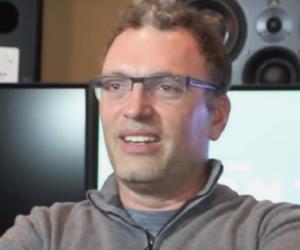
Sir John Eccles was a philosopher and neurophysiologist whose services to physiological research earned him the title of Knight Bachelor in 1958. His work on the synapse earned him the Nobel Prize in Physiology or Medicine, which he shared with Alan Lloyd Hodgkin and Andrew Huxley in 1963. The same year, he also received the Australian of the Year Award.
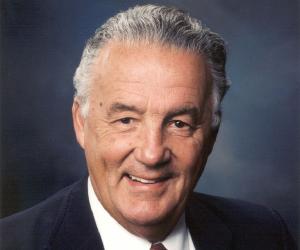
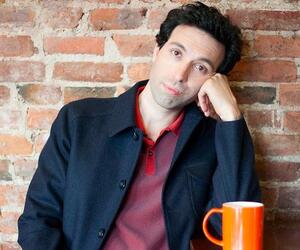
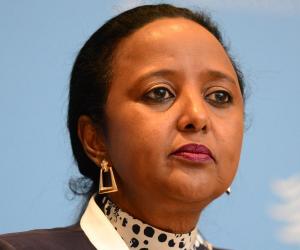

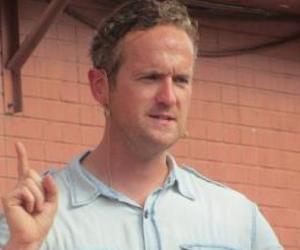
Tim Shaw is a British TV presenter, radio host, and engineer. He is best known for conducting scientific experiments on the streets as part of his popular TV show Street Genius for the National Geographic channel. He is also known for his radio programs, such as Tim Shaw's Asylum for which he has won several awards.
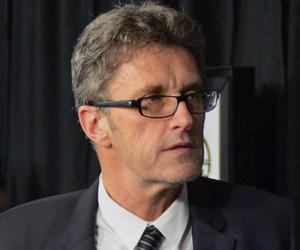
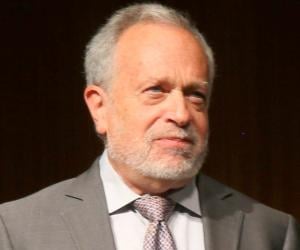
Economist and University of California, Berkeley professor Robert Reich has also been the U.S. secretary of labor. His rare bone disorder made him a victim of bullies in childhood, but he later won the Rhodes Scholarship to Oxford. His bestselling book Saving Capitalism was made into a Netflix documentary.

British track and field athlete, Lawrence Okoye played rugby for his school before taking up discuss throw. She won gold medal at the 2011 European Athletics U23 Championships and thereafter competed in the 2012 London Olympics in the following year. Later, he concentrated on football, participating in the NLF, before returning to discuss throwing, securing first place at 2021 European Athletics Team Championships.
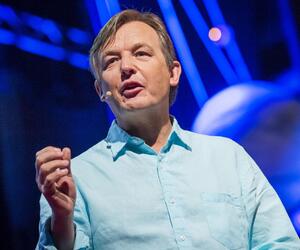
Chris Huhne is a British politician. From 2010 to 2012, he served as the Secretary of State for Energy and Climate Change. Huhne also contributed as a writer for The Guardian from 2013 to 2014. A well-known personality, Huhne has been depicted in films like On Expenses and Coalition, where he was played by Alan Parnaby and Rob Vowles, respectively.
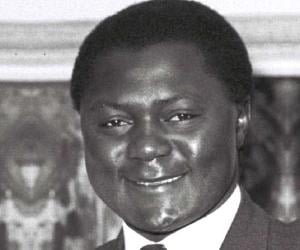
Kenyan politician Tom Mboya is counted among the founding fathers of the Republic of Kenya. A leading independence-activist, Mboya advocated for Kenya's independence from British colonial rule and led negotiations at Lancaster House Conferences. He remained influential in forming Kenya African National Union and served as its first Secretary-General. Post-independence Mboya became an MP and served as Minister of Justice.
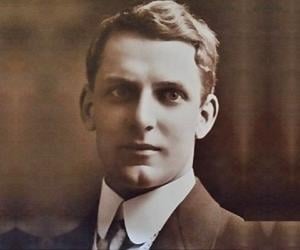
Edwin Flack was an Australian tennis player and athlete. In 1896, Flack became Australia's first Olympian when he represented the nation in the first modern Olympic Games. He went on to win gold medals in the 800m and 1500m events, becoming the first Australian Olympic champion. In 1985, he was inducted into the Sport Australia Hall of Fame.
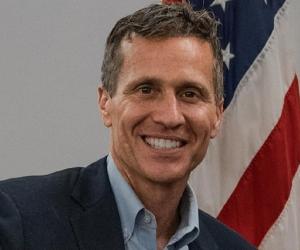
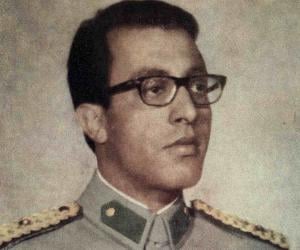
Chiefly known as a food writer, Giles Coren has been serving as a columnist for London based daily newspaper, The Times, since the age of 24. Named Food and Drink Writer of the Year at the British Press Awards, he has also authored several books and appeared on several popular television productions. Currently, he also hosts a weekly radio program.
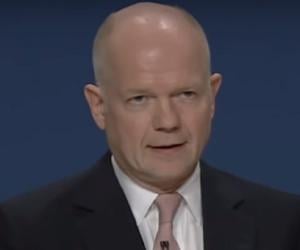
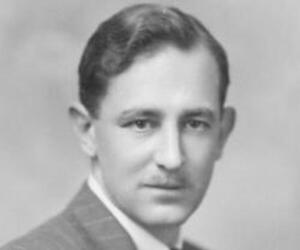

Philosopher J. L. Austin is remembered for his study on ordinary-language philosophy and is also considered a pioneer of the theory of speech acts. His lectures at Harvard were later collected in How to Do Things with Words. He died of cancer while developing a theory on sound symbolism.
